The Human Predicament
Since civilization began some 9,000 years ago, humanity's impact on the environment has been accelerating by an autocatalytic process of the mutually-reinforcing variables of surplus, innovation and population. An inflection point in the J-curves of these variables occurred around 1950, so that from that point on, every factor worth measuring has exhibited a troubling skyward trajectory.
As in all natural systems, the environment's responses (in this instance global warming, dwindling land, water, fossil fuels and wild animals, etc.,) signals a resistance to present behaviors. Awareness of these signals and their possible meanings has diffused so thoroughly through Civilization that even the power elite's staunchest apologists (such as George W. Bush) must publicly acknowledge them. We are likely approaching a crisis for the Civilization project. In all its uses (general, medical, psychological), crisis is the term used to indicate a turning point for the system in question, when it becomes clear whether the system will flourish or decline.
Our Environmental Impact is caused by the multiplier effect of Population, Consumption and the Resources/Wastes per amount of Consumption. Globally, voluntary reductions in either population or consumption are unlikely. Therefore, Civilization's response to its predicament revolves around the Resources/Waste factor, and this comes down to a reliance on human ingenuity to power us through: finding new resources, substituting new materials, innovating efficiency.
We'll present our individual and sometimes divergent views on the nature of resources, survival, the future (including the very far future), taking into account the likely, the unlikely, the unthinkable, and even the impossible. And we'll be counting on all present to weave from our threads a conversation that will hopefully become a microcosm of the larger human dialogue."
